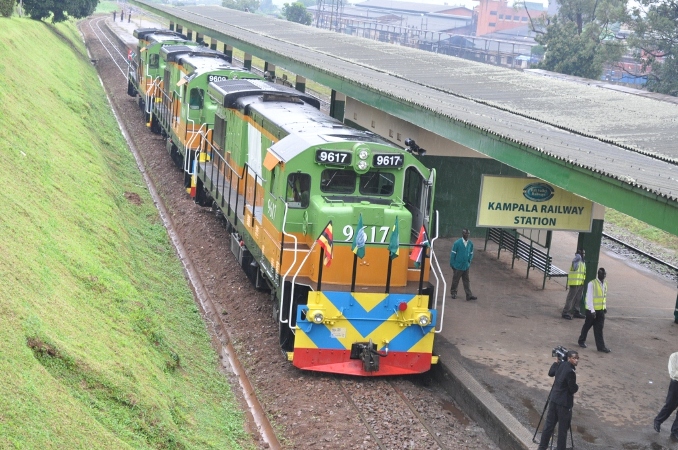Uganda has recently emerged from a high-stakes legal battle, victorious, following the conclusion of a years-long arbitration process in London concerning the disputed termination of the Rift Valley Railways (RVR) concession. The dispute, which saw RVR and its investors seeking an enormous compensation claim against the Ugandan government—amounting to over Shs7.1 trillion—tested the mettle of Uganda’s legal and infrastructure policy frameworks.
The roots of the conflict trace back to the termination of RVR’s contract to operate and manage the meter gauge railway lines running through Uganda and Kenya. RVR’s principals alleged that Uganda failed to live up to its end of various harmonization agreements related to the cross-border railway operations. Central to their grievance was the rollout of the new Standard Gauge Railway (SGR), which RVR argued undermined their investments and represented a de facto abandonment of their original concession. They accused Uganda of inducing fresh investments into the older railway network while discretely shifting its focus toward the modern SGR lines. These claims formed the backbone of a legal claim exceeding $2.3 billion.
However, the London tribunal, after reviewing an extensive body of evidence and hearing arguments in March 2024, rejected RVR’s assertions. The panel ruled that Uganda had not violated any of its contractual duties under the harmonization agreements. The crux of the tribunal’s decision lay in RVR’s own operational failures: not only did they underperform and fail to meet vital benchmarks such as freight transport targets and maintenance standards, but evidence also pointed to significant managerial deficiencies. The arbitrators determined that Uganda was well within its rights to terminate the concession, citing the imperative to safeguard critical national infrastructure from further neglect and potential decline.
Throughout the process, Uganda’s defense was led by legal experts within the Attorney General’s office, partnered with both international and local law firms. They adeptly established that the move to end RVR’s management of the rail network was both lawful and warranted. The arbitration result thus not only absolved Uganda from all of RVR’s claims but also ordered RVR to reimburse Uganda’s legal and arbitration expenses—a substantial sum that further highlighted Uganda’s strong position in the dispute.
This outcome carries significant implications for Uganda’s future. By setting a firm precedent for contractual accountability and due process—even in the face of significant international investor pressure—Uganda has demonstrated its commitment to transparent and responsible management of public assets. The decision bolsters the government’s mandate as it spearheads new infrastructure initiatives such as the Standard Gauge Railway, aiming to breathe new life into regional trade and transportation. It also signals to potential investors that, while Uganda welcomes investment, it expects partners to uphold their operational responsibilities.
Ultimately, the tribunal’s verdict reaffirms Uganda’s autonomy to protect and modernize its essential infrastructure while reinforcing the notion that development projects must align with national priorities rather than be subverted by the shortcomings of external partners. This historic legal win not only closes a contentious chapter but also sets the stage for a more robust, resilient, and forward-looking approach to infrastructure and investment management in Uganda.

